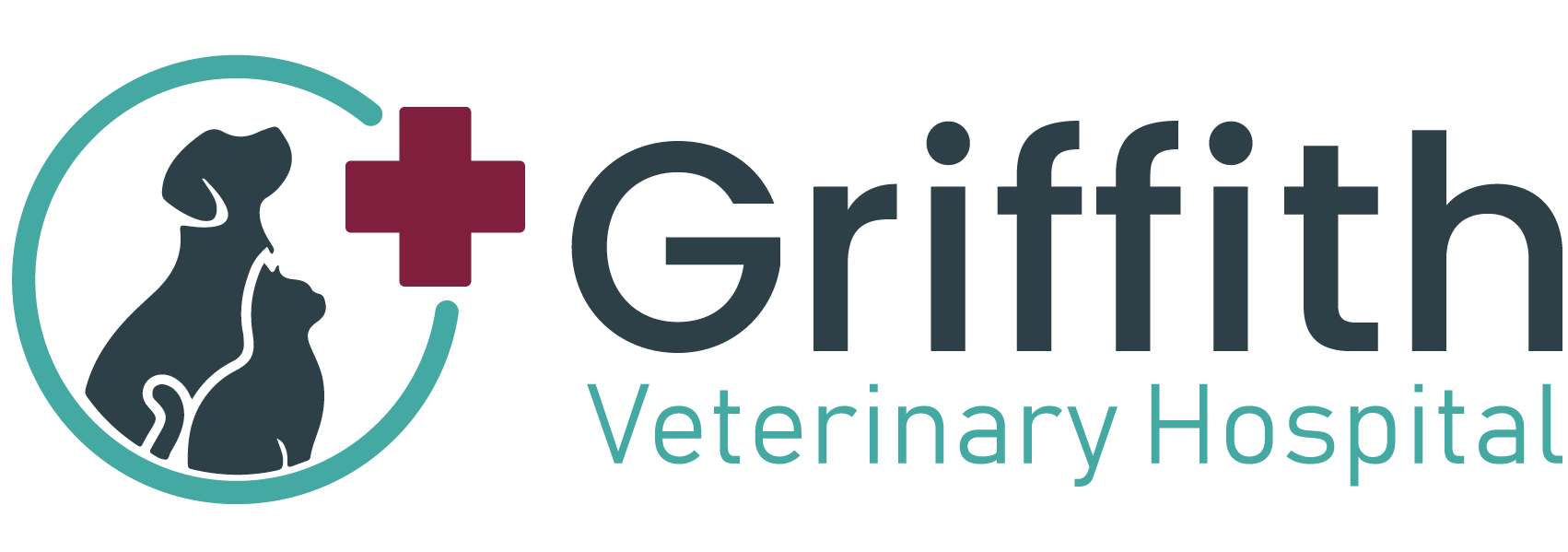Services
BOOK APPOINTMENTAt Griffith Veterinary Hospital, we go above and beyond to keep your pets healthy and happy.
Throughout every stage of your pet’s life, the Griffith Veterinary Hospital team will be there for you and your companion. We are a full-service veterinary hospital in Westland, MI and are pleased to offer in-house lab work and a pharmacy.
Dentistry
On-Site Laboratory
Wellness Exams
Euthanasia
Making the decision to say goodbye to a beloved pet is one of the most difficult and heartbreaking choices a family can face. It is a final act of love, made to end suffering and provide a peaceful passing. At Griffith Veterinary Hospital, our compassionate team understands the profound grief that comes with this moment. We are here to provide gentle guidance and unwavering support for you and your pet during this sensitive time, serving the community of Westland, MI, with dignity and empathy.
In-House Pharmacy
Ozone Therapy
Radiology (X-Ray)
Vaccinations
One of the most important steps you can take to ensure your pet lives a long, healthy, and happy life is to keep them up-to-date on their vaccinations. At Griffith Veterinary Hospital, we view pet vaccinations as a fundamental pillar of preventive medicine. As your veterinarian of choice in Westland, MI, our compassionate team is dedicated to creating a personalized vaccination plan that provides the best possible protection for your beloved furry friend.
Parasite Prevention & Control
Parasites like fleas, ticks, and heartworms are far more than just a nuisance—they pose a serious, direct threat to your pet’s health and well-being. At Griffith Veterinary Hospital, we provide comprehensive pet parasite prevention & control to protect your furry family members from these dangers. As your veterinarian of choice in Westland, MI, our compassionate team is dedicated to creating a personalized and effective prevention plan to keep your pet happy, healthy, and parasite-free.
Microchipping
Nothing is more frightening than the thought of a beloved pet getting lost. While collars and ID tags are essential, they can easily fall off or become unreadable. At Griffith Veterinary Hospital, we offer a safe, permanent, and reliable solution: pet microchipping. As your veterinarian of choice in Westland, MI, our compassionate team is dedicated to providing this simple, life-saving service to give you peace of mind and give your pet the best chance of a happy reunion.
Acupuncture
At Griffith Veterinary Hospital, we believe in an integrative approach to wellness, combining the best of conventional medicine with proven holistic therapies. We are proud to offer pet acupuncture as a safe, effective, and non-invasive treatment to manage pain and improve the quality of life for our patients. As your veterinarian of choice in Westland, MI, our compassionate team is dedicated to providing a full spectrum of care to support your beloved furry friends.
Laser Therapy
At Griffith Veterinary Hospital, your pets are family.
We're pleased to be your Westland, MI veterinarian of choice. Our compassionate team strives to provide the best care possible for your beloved furry friends. We look forward to seeing you soon!
Contact Griffith Veterinary Hospital
Our team is here to help. Please don’t hesitate to reach out with questions!
Location
36391 Ford Rd.
Westland, MI 48185
Phone
Hours
Monday – Friday:
8:00 AM – 6:00 PM
Have a question?
Our team is here to help! Fill out the form below and we'll be in touch with you shortly.

